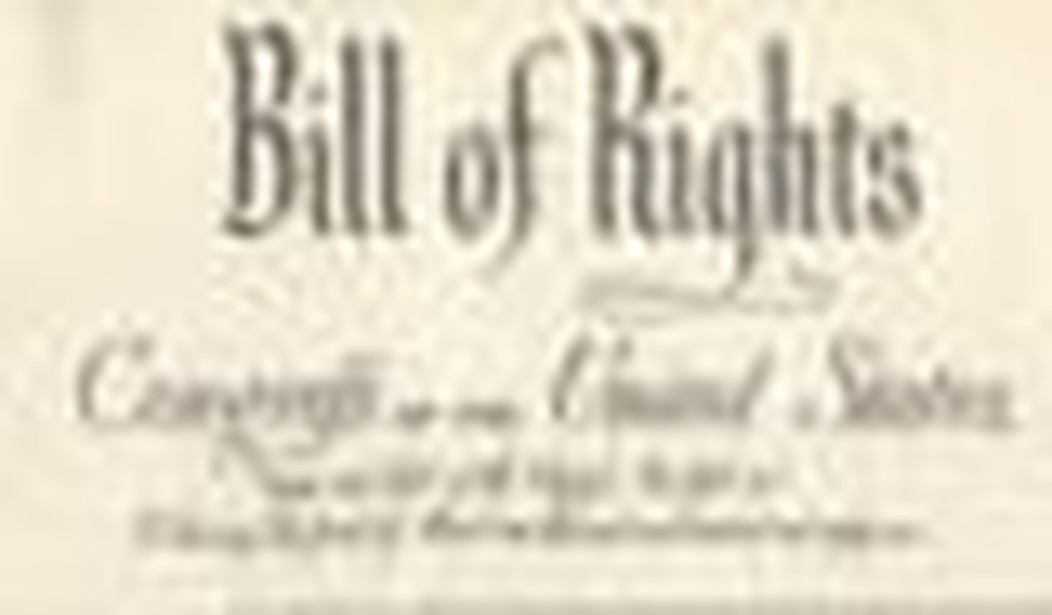A popular but flawed argument is that “health care is a right, not a privilege.” Health care is neither a right nor a privilege. Rather, we all have the right to seek medical treatment through voluntary trade or charity.
Ironically, those who claim health care is “a right and not a privilege” support policies that make it a privilege. When government enforces an alleged “right” to health care, the political class decides what health care is and when it’s appropriate for people to get it. That is, health care becomes a privilege granted by those in charge.
For example, Canadian authorities deemed Bill Murray of Alberta “too old” for a hip procedure — and prohibited him from paying for it himself.
Health care is not a right. Rights are freedoms of action, not entitlements to what others produce. A “right” to health care violates the rights of those who produce it.
“Health care” consists of diagnoses and treatments by highly-trained medical professionals. It involves sophisticated products, instruments, and tests designed and developed at great investment, effort, and cost by scientists, engineers, and entrepreneurs. That is, people produce health care.
Nor is medical care a privilege. A privilege is something authority figures permit us to do at their discretion. No one considers auto repair to be a right, but it’s absurd to consider it “a privilege.” No one grants you the “privilege” of having money to repair your car. Rather, if you want to own a functioning car, you must take responsibility to finance its repair by earning wealth. The same goes for medical treatment. As Mark Twain said, “the world owes you nothing” — adults must take responsibility to finance medical treatment they want. People who choose to become parents are also responsible for paying for their children’s medical treatment.
There’s no right to health care, just as there’s no right to happiness. But the pursuit of happiness is a right. Similarly, everyone has the right to pursue medical treatment through voluntary exchange with those who produce it. We also have the right to protect ourselves against medical expenses as we see fit. Low-premium catastrophic insurance is just one option. Others include more costly comprehensive health plans, paying a retainer at a cash-only clinic, or obtaining membership in a health care co-op or health care sharing ministry.
Yet when politicians seek to guarantee health care as a right, they decide what qualifies as appropriate medical treatment. Whether you get the treatment you want depends on the discretion of authorities.
That is, health care becomes a privilege.
What do authorities consider to be appropriate treatment? The White House Council of Economic Advisers aims to reduce spending by eliminating “high cost, low-value treatments.” Since government pays the cost, “value” means value to the political class. Consider Oregon’s Prioritized List of Health Services under Medicaid, where the highest priority treatments correlate well with politically powerful interest groups. Or better yet, listen to the president’s health advisor, Dr. Ezekiel Emanuel. He suggests that “services that promote the continuation of the polity … are to be socially guaranteed as basic.” So your health is merely a means of supporting the political power structure, and hence insurance means having politically connected friends.
Talk about privilege.
But surely trying to guarantee health care as “a right” provides rich and poor equal access? Not so fast. The Guardian reports that in England, “the poorer you are, and the more socially deprived your area, the worse your care and access to it is likely to be.” The same goes for Canada. The National Bureau of Economic Research concludes that “Canada has no more abolished the tendency for health status to improve with income than have other countries. Indeed, the health-income gradient is slightly steeper in Canada than it is in the U.S.”
One might object that insurance companies also make medical care a privilege by denying care. Yet we can blame political controls for granting insurance companies such power. For example, tax law punishes us for buying a policy directly from an insurer if we don’t like the one or two insurance plans most employers offer. If you want to purchase insurance directly, you are forbidden from buying a more affordable policy available in another state.
Tax law also favors insurers by punishing those who save to pay directly for medical expenses while favoring comprehensive health plans that pay for routine and predictable expenses. Not only does this discourage price competition and prudent consumption of treatment, it further empowers insurance companies over your medical choices.
In a free market for insurance, we could buy the insurance product that best fits our needs and risk preferences. Absent policies that shield insurers from competition and accountability, insurance companies would scramble to make products to attract customers. Not only would they compete on price and the size of their network, but also on reputation and transparency. For example, consumers might prefer policies that spell out as explicitly as possible what procedures and medications are covered and are not covered, and objective criteria by which they cover newly developed medications and treatments.
Health care is neither a privilege nor a right. Yet individuals have the right to purchase medical treatment and products that insure against medical expenses. Politicians should focus on respecting this right.








Join the conversation as a VIP Member